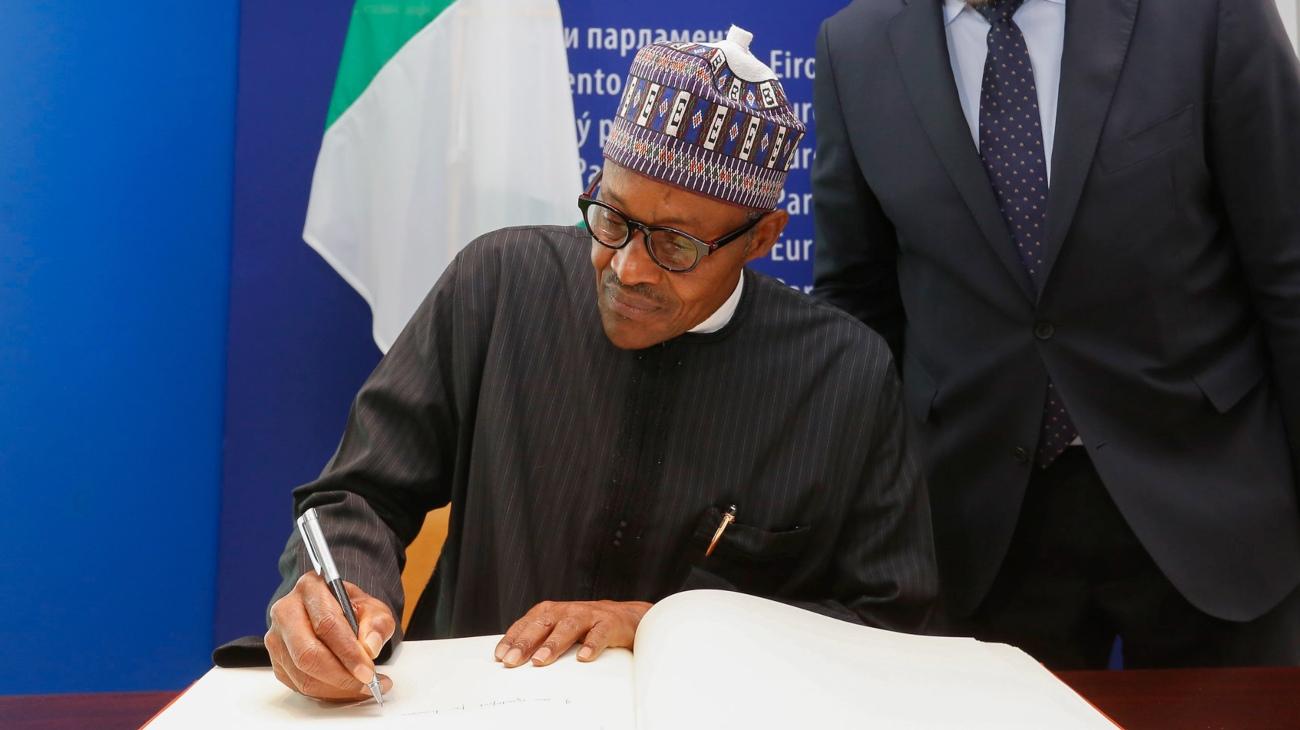The Corruption Perceptions Index (CPI) continues to draw attention from multilateral institutions which use its findings to make decisions about aid and investment. Yet its critics consider the index a distorted prism that exonerates western actors who benefit from illicit financial flows from Africa. Uche Igwe highlights deficiencies in the CPI’s largely conjectural methodology, while calling for a new conversation that openly reflects the culpability of both perpetrators and beneficiaries.
The Corruption Perceptions Index (CPI), a flagship research product from Transparency International, is arguably one of the advocacy tools most used to demand institutional change. It has drawn international attention to the issue of corruption, and many global organisations depend on the index’s findings to make powerful decisions about where to locate their capital. In these days marked by economic turmoil arising from the pandemic, resources are scarce and decisions about their allocation are too crucial to be wished away; year after year, developing countries often await the publication of the CPI with some anxiety, almost sure to find themselves embarrassingly at the bottom of the list.
The CPI’s contribution to the interrogation of development processes
The default position of many African states is to hail the CPI report when they make any marginal progress in the ranking and condemn it when they regress. Such efforts have done very little to undermine the prominence of the CPI as the lens through which the world perceives such countries. Certainly, the CPI has contributed significantly to the interrogation of the development process, and it has become so popular that checking CPI rankings is now part of due diligence for many multilateral institutions before decisions on aid or investment are made.
There are concerns, however, about the magisterial verdict the CPI conveys. Arguably, many scholars from the continent have been reluctant to engage the CPI rigorously and with a contextual lens concerned about the realities on the ground.
Culpability of both perpetrators and beneficiaries of illicit flows
Many scholars see the corruption conversation as a mythical blame game designed to make Africa look bad in the eyes of the world. Of course, it takes two to tango. Let us believe the prevailing narrative that African politicians loot resources from their home countries and transfer them through western banks elsewhere. So often the names of these banks and their home countries are conspicuously missing from dirty lists of corrupt nations. For something as simple as bribery, both the giver and the receiver are guilty, and a system that is reluctant to indict both, such as in the case of illicit financial flows, is at best hypocritical.
Corruption as promoted by the CPI is said to account for only 5% of illicit financial flows out of Africa. Another chunk of 900 billion US dollars leak out of developing countries through the collusion of multinational corporations through questionable tax practices. Why are these considered separate? To date, most tax havens and secrecy jurisdictions exist within the territories of countries who are on the top of the CPI ranking. It is surprising that the existence of these dark spots is conveniently omitted in the global corruption narrative, especially as about 40% of global foreign direct investment is said to pass through such locations. The efforts of those who try to associate the so-called persistent corruption in Africa with the historical residue of colonialism in Africa are ignored to absolve the colonisers. There appear to be two sets of rules – one for the perpetrators and another for the beneficiaries.
African scholarly voices are submerged in western orthodoxy
‘Corruption research’ in Africa is a particular victim to schools of thought seeking western validation. For a concept that is both powerful and political, it is surprising to see a lack of nuanced interrogation into the role of the international forces benefitting from corrupt practices. Indeed, some African scholars feature on the CPI to give it underserved legitimacy. In doing so, structural issues embedded in international processes are missed: the continent’s natural resource endowments, sold on global markets and produced largely by global actors, have not been the blessings that many have expected. Real efforts must be made to understand how these endowments can produce prosperity for a majority of citizens and avoid a detour into the pockets of parasitic elites.
Instead, many donor countries continue to spend billions of dollars on combatting corruption in Africa institutions, to which the continent is expected to be perpetually grateful. Yet the reality on the ground dispels the illusion that even these investments have yielded significant outcomes.
We need a new conversation
In the end, notions of corruption and anti-corruption will continue to serve political and public relations objectives; in so far as the West continues to be rule makers in the arena of corruption and anticorruption for the rest of the world, it will be easy to predict who the winners and losers in the game will be.
Many critical voices have made it clear that the CPI looks at corruption through a distorted prism. They insist that it will fare better with more methodological rigor, improved statistical validity and limited unsubstantiated conclusions. Activities like corruption are always shrouded in secrecy and therefore measuring them largely leaves the researcher to rely on speculations. That said, such efforts must try to reflect contextual and cultural pluralities, as what may be seen as corruption may differ from place to place.
African scholars must rise to position themselves as participants in this cross-examination. Researchers behind the index should be bold enough to engage with dissenting voices to bring their analysis closer to the reality, using it to promote discussions that balances how things really are alongside the effectiveness of proposed reforms needed to address them. There is no dignity in prescribing medications for diseases elsewhere while ignoring infections ravaging your backyard. A new index is needed that is transparent and inclusive to allow western nations who benefit from the proceeds of corruption in Africa to desist from playing the ostrich about moral virtue. Rather, they should learn to obey the simple table manners that it is wrong to talk while eating.
Photo by SevenStorm JUHASZIMRUS from Pexels





